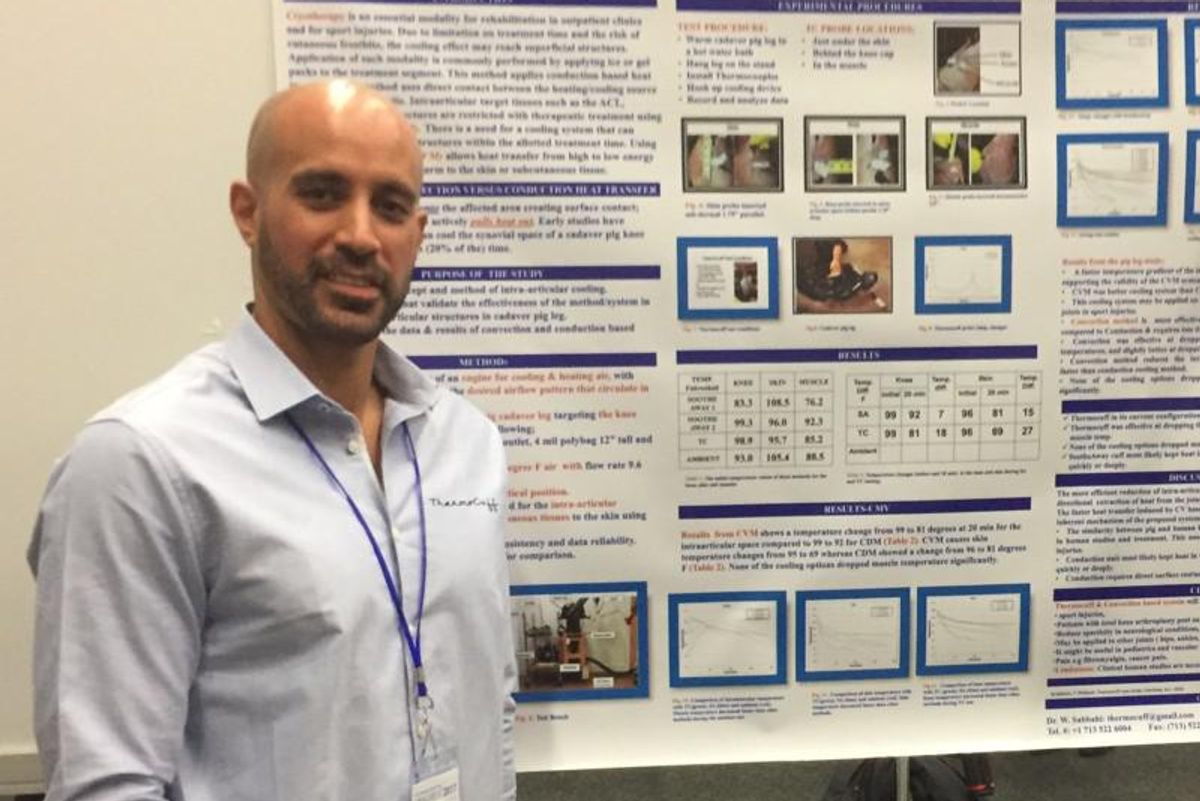10 most-promising energy tech startups named at annual Houston event
top companies
Investors from around the world again identified the most-promising energy tech startups at the Rice Alliance for Technology and Entrepreneurship's annual event.
"The recognition that Houston is the epicenter of energy transition is growing. It's something we are championing as much as possible so that the world can know exactly what we're doing," Paul Cherukuri, chief innovation officer at Rice University says at the 21st annual Energy Tech Venture Forum.
The event took place during the inaugural Houston Energy and Climate Startup Week, and nearly 100 startups from 23 states and seven countries pitched investors Wednesday, September 11, and Thursday, September 12. At the conclusion of the event, the investors decided on 10 companies deemed "most promising" from the presentations.
This year's selected companies are:
- Revterra, a Houston-based company innovating within kinetic battery technology to enable faster and cleaner electric vehicle charging.
- From Austin, 360 Mining is a modular data center provider for the oil and gas producers.
- New York company Andium is a centralized and optimized operations platform for large energy companies.
- Elementium Materials, a local Katy-based company, created its battery technology that originated out of MIT.
- Splight is a San Mateo, California-based technology platform that provides real-time operational data based on inverter-based resources assets.
- Los Angeles-based Mitico, one of the Rice Alliance Clean Energy Accelerator's class 4 participants, provides services and equipment for carbon capture through its granulated metal carbonate sorption technology.
- From Cambridge, Massachusetts, Osmoses is changing the way molecular gas separations are performed within the chemical, petrochemical, and energy industries.
- Rice Alliance Clean Energy Accelerator class 4 participant CORROLYTICS, based in Houston, has a corrosion detection and monitoring technology. The company also won over the crowd and secured the People's Choice win too.
- Ardent, based in New Castle, Delaware, has developed a membrane technology for point-source carbon capture.
- New Haven, Connecticut-based Oxylus Energy produces an alternative fuel from converting CO2 into green methanol.
Last year, investors named its selection of most-promising companies at Rice.
"We have a responsibility as a city to lead energy transition," Cherukuri continues. "A lot of the investments we're making at Rice are going to change the world."
- Exclusive: Rice University's new clean energy accelerator announces inaugural cohort ›
- Houston innovation hub restructures, pulls in more Rice resources ›
- Rice Alliance pitch event identifies 8 most-promising energy tech startups ›
- Houston clean energy accelerator names 4th cohort of early-stage tech companies ›
- Investors name most promising energy tech startups at annual Houston event ›
- Rice Alliance names 10 most promising energy technology companies at its annual forum ›
- 10 startups named most-promising in energy tech at Houston conference ›








